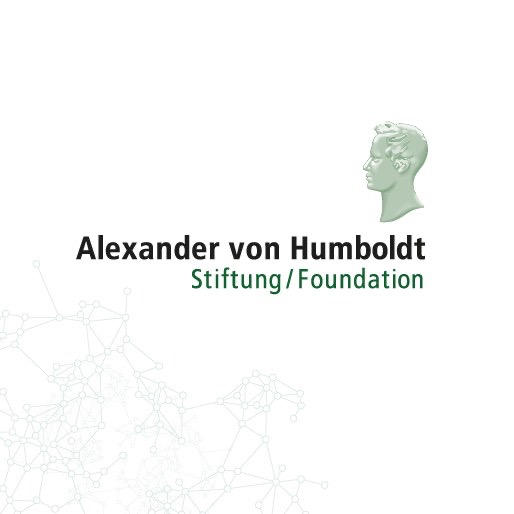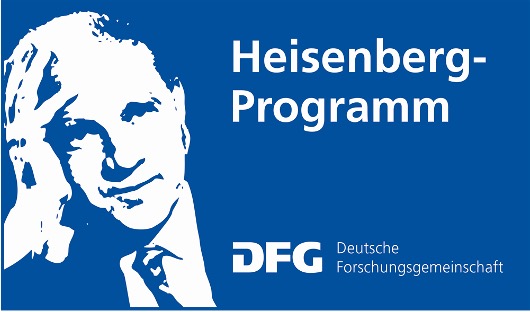Introduction from Professor
Prof. Dr. Xiaoying Zhuang
Professor of Mechanics for Multiscale and Multiphysics Problems
I came to Germany in 2014 with Marie Curie International Incoming Fellowship from European Union (at that time the FP7 Programme). The fellowship was concluded when I started my Sofja-Kovalevskaja Programme in Decebmer 2015 thanks to the Alexander von Humboldt Foundation. My Sofja Programme was hosted at the Institute of Continuum Mechanics (IKM) and I had the luck to work with Prof. Peter Wriggers. Thanks to the former colleagues in IKM that I have developed well and enjoyed the time to work together. In 2018 I was awarded with the Leibnitz Prize and ERC Starting Grant from Horizon2020 of EU. In 2019, I have awarded with the Heisenberg-Professorship Programme and … I started the programme in early 2020… yes, almost same time with the start of the pandemic :) As you can imagine, the starting of building independent group in 2020 was difficutl but interesting and rewarding experience that I will remember.
My key research area is Computational Mechanics and and Machine Learning for the solution of partial differential equations in engineering and sciences especially for multiscale and multiphysics problems. I developed computational methods for the following topics:
In the past years, there are have been much interesting findings and progress. In the following I will highlight and share some of these outcomes.
Current Events
Teaching
-
Scientific machine learning (SciML)
In this course, the students will be introduced to the foundamental concepts, theories, computations as well as applications of machine learning. It will start with the foundemantal introduction of machine learning algorithms oriented to different learning tasks. After the students have acquired a basic knowledge of machine learning, we will further proceed to scientific machine learning. Detailed examples involved in various scenes of scientific machine learning applications covering applications will be expounded for students from different backgrounds. Current availabe software that can be used for scientific machine learning and their limiations will be shown and discussed.
Graduates at the end of this course should be familiar with those classical machine learning models and qualified to setup their own machine learning model with those open-source python libraries. At the end of the course, the students are expected to be able to utilize the prior knowledge in their own research filed in building the SciML models and understand the validity and limits of their results. They shall be experienced on understanding and discussing the state of the art literature in the scientific machine learning and on the defense of their findings by an oral presentation of a selected problem. -
Fracture of Materials and Fracture Mechanics
TBA.
-
Introduction to Multiscale and Multiphysics Modelling
TBA.
Funding



































